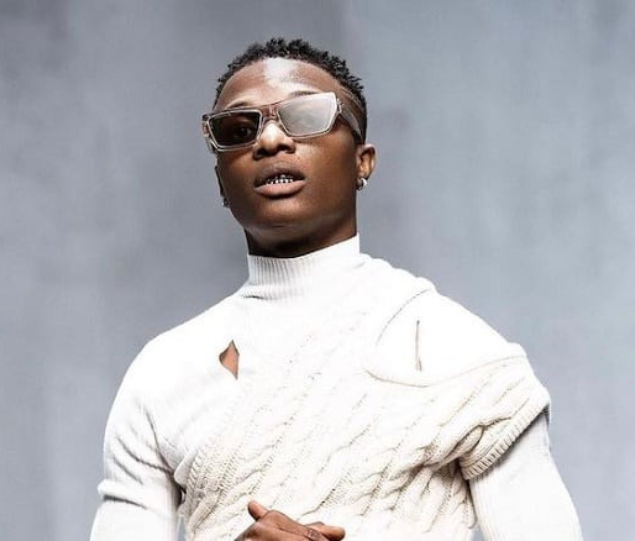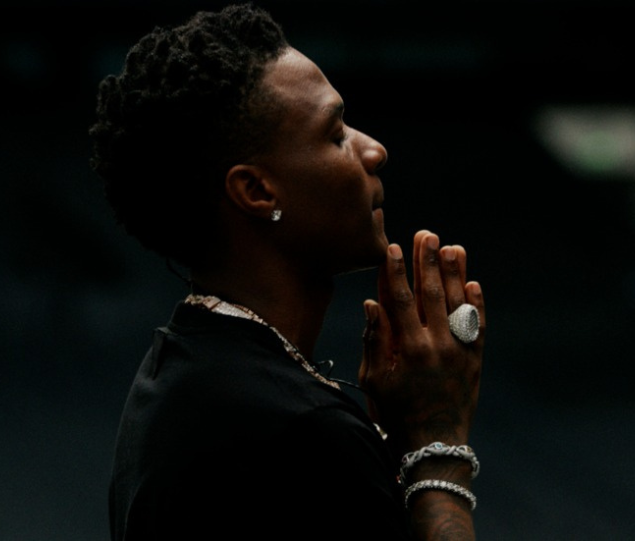
The Rise of Afrobeats: Reaching the Peak at Glastonbury
On Sunday evening, Afrobeats megastar Burna Boy will light up Glastonbury’s Pyramid Stage. Though he has performed at the UK’s biggest festival before, this marks his debut on the iconic main stage, which has been Glastonbury‘s centerpiece for decades.
Fellow Afrobeats artist Ayra Starr also graced the Pyramid Stage on Saturday, while Tems had a performance on the Other Stage. From West Africa to the global spotlight, Afrobeats has swiftly climbed to dominate playlists and radio.
On Spotify, the Afrobeats genre has surged by 1,200% since 2017. With its artists now headlining the UK’s biggest festival, it feels like a significant milestone has been reached.
“It’s our time,” said Starr. “It’s been a long time coming and we deserve this.”
West African origins: The genre originates from Nigeria and Ghana and started gaining rapid popularity in the 2010s, with early hits from artists like Fuse ODG and D’banj. It is not to be confused with “Afrobeat” (without the “s”), a movement created in the 1960s and 1970s by artist and activist Fela Kuti. Kuti’s musical style blends traditional African rhythms with funk, jazz, and highlife.
Coincidentally, Kuti himself played at Glastonbury in 1984, and this year, his son Femi Kuti took the Pyramid Stage. However, Afrobeats, with an “s”, presents a different sound. It’s a fusion of traditional West African musical styles with Western pop, rap, and dancehall.
“Afrobeat spoke to a much older audience,” said DJ Edu. “Afrobeats has been driven a lot by social media,” he added, noting that young people traveling to different parts of the world also helped spread the sound.
There were challenges along the way. DJ Edu mentioned that many early Afrobeats artists were not familiar with the music industry. “They were just kids making music from their bedrooms, not worrying about streaming or royalties. That was the big problem, there was no structure,” he said.
But as bigger artists made progress, younger ones learned from them and found their own paths in the industry. DJs in the UK began blending pop music with Nigerian and Ghanaian beats, introducing the sounds to new audiences.
Songs from the genre started entering the mainstream, with the first big global hit being “Oliver Twist” by D’banj in 2012. The song reached the top 10 on the official UK Singles Chart and was number two in the UK R&B Charts. It is often seen as the moment Afrobeats truly established itself in the UK.



